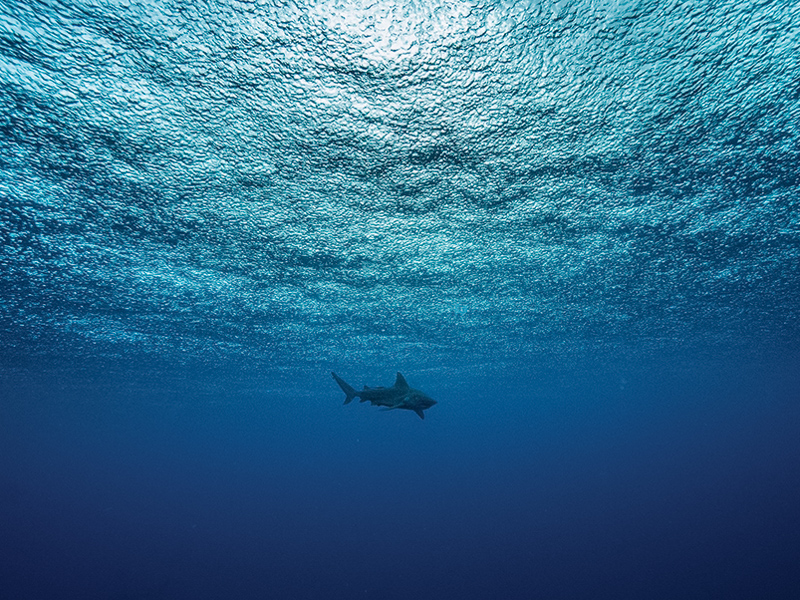
From the Deep: Shark Teeth on the North Carolina Coast
July 10, 2023
Our state is a hotspot for discovering fossilized shark teeth. We talked to an expert to learn why — and get some tips on how to find them. by Emma Deal, Nelie Tahssili & Eliza Martin Shark in the water. Photo: Joshua Steadman. Among our bragging rights here in Raleigh, we like to remind folks… Read More >
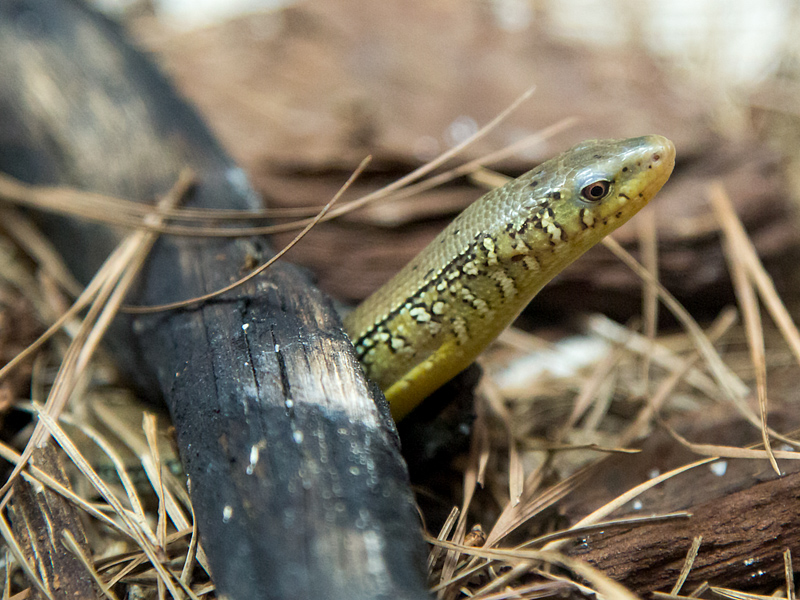
Snake-like lizards blink, break like glass
July 6, 2023
Eastern glass lizard with full tail. Photo: Jeff Beane/NCMNS. The Ocracoke Observer recently highlighted the glass lizard, and interviewed Museum Collections Manager of Herpetology Jeff Beane. Glass lizards, also known as legless lizards, got their name because their tails easily break (sometimes into several pieces like glass) when grabbed by a predator. People often confuse… Read More >
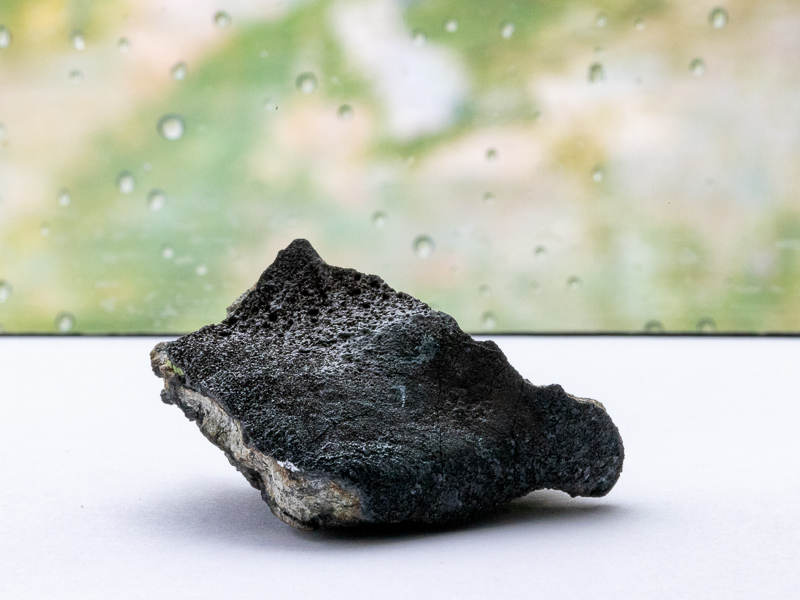
The Impact of Asteroid Day
June 30, 2023
Video: Aleksandr Ivanov, CC BY 3.0, via Wikimedia Commons. (Trimmed) By Rachel L. Smith, Head, Astronomy & Astrophysics Research Lab and Curator, Meteorites Let’s take a moment to marvel at our asteroids, ancient relics from planet formation about 4.6 million years ago! Most of these primitive rocky leftovers reside in the asteroid belt between… Read More >
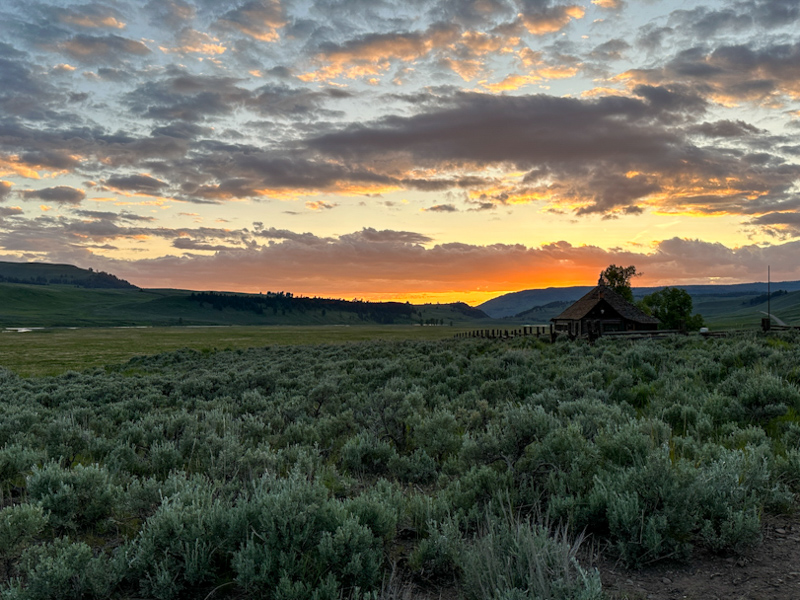
An Indescribable Experience
June 26, 2023
Sagebrush, meadows and hills at sunset in Lamar Valley. Photo: Melissa Dowland/NCMNS. Twelve North Carolina educators recently returned from Yellowstone National Park on one of the Museum’s Educators of Excellence Institutes. They spent ten days exploring the ecology and geology of our first national park, learning from experts and getting ideas and information to bring… Read More >
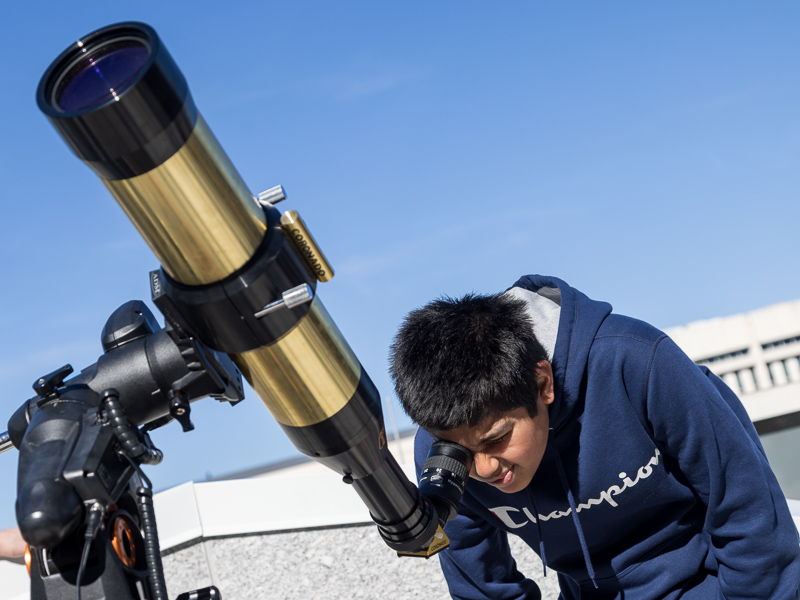
Summer Blast Off: Rocketry and astronomy at NC Museum of Natural Sciences, June 29
June 22, 2023
[RALEIGH, N.C.] – Can’t wait till January for the next Astronomy Days? Then head to the North Carolina Museum of Natural Sciences for Summer Blast Off! This outdoor event – held Thursday, June 29, 10 a.m. to 1 p.m. – offers visitors a variety of ways to shoot off their own mini-rockets, an up-close look… Read More >

